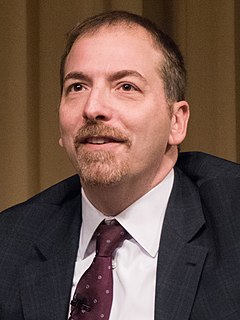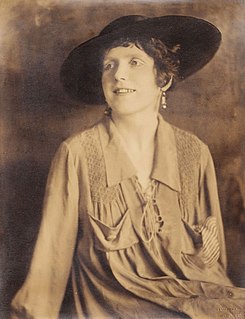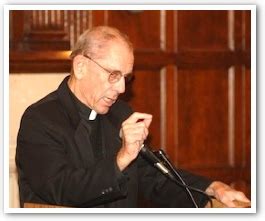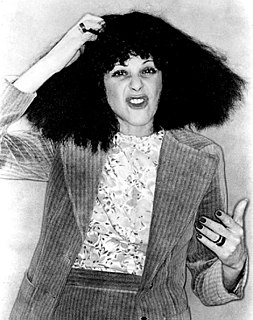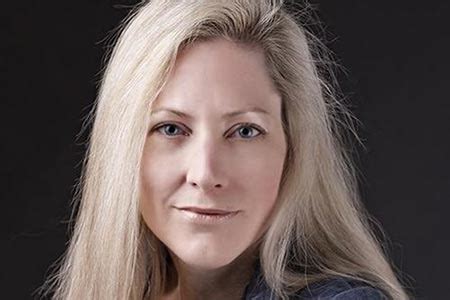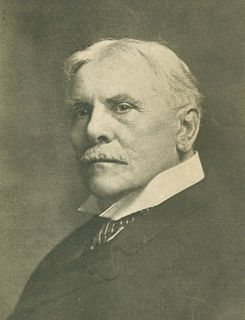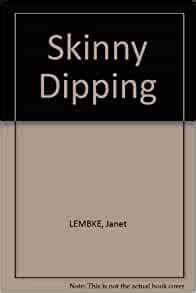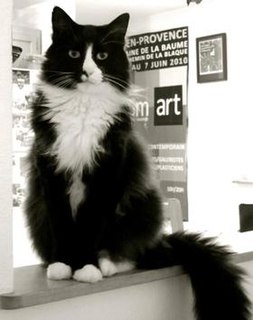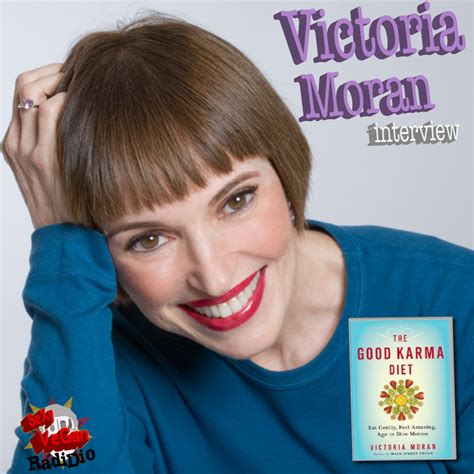Top 1200 Acceptance Of Death Quotes & Sayings - Page 2
Explore popular Acceptance Of Death quotes.
Last updated on April 15, 2025.
The secret to responsible trust is acceptance. Acceptance is taking from God's hand absolutely anything He gives, looking into His face in trust and thanksgiving, knowing that the confinement of the hedge we're in is good and for His glory. Even though what we're enduring may be painful, it's good simply because God Himself has allowed it.
The marker of those who understand the gospel of Jesus Christ is that, when they stumble and fall, when they screw up, they run to God and not from him, because they clearly understand that their acceptance before God is not predicated upon their behavior but on the righteous life of Jesus Christ and his sacrificial death.
It is impossible to repristinate a past world picture by sheer resolve, especially a mythical world picture, now that all of our thinking is irrevocably formed by science. A blind acceptance of New Testament mythology would be simply arbitrariness; to make such acceptance a demand of faith would be to reduce faith to a work.
The religious man, the mystic, tries to explore the mystery of death. In exploring the mystery of death, he inevitably comes to know what life is, what love is. Those are not his goals. His goal is to penetrate death, because there seems to be nothing more mysterious than death. Love has some mystery because of death, and life also has some mystery because of death.
We are left with nothing but death, the irreducible fact of our own mortality. Death after a long illness we can accept with resignation. Even accidental death we can ascribe to fate. But for a man to die of no apparent cause, for a man to die simply because he is a man, brings us so close to the invisible boundary between life and death that we no longer know which side we are on. Life becomes death, and it is as if this death has owned this life all along. Death without warning. Which is to say: life stops. And it can stop at any moment.
My first book, 'Radical Acceptance', grew out of the suffering of feeling personally deficient and unworthy. Because most of us are so quick to turn against ourselves, the teachings and practices of radical acceptance continue as a strong current in 'True Refuge': nurturing a forgiving, understanding heart is a basic step on the path.
Life rises out of death, death rises out of life; in being opposite they yearn to each other, they give birth to each other and are forever reborn. And with them, all is reborn, the flower of the apple tree, the light of the stars. In life is death. In death is rebirth. What then is life without death? Life unchanging, everlasting, eternal?-What is it but death-death without rebirth?
What we put into every moment is all we have. You can drug yourself to death or you can smoke yourself to death or eat yourself to death, or you can do everything right and be healthy and then get hit by a car. Life is so great, such a neat thing, and yet all during it we have to face death, which can make you nuts and depressed.
When you have dogs, you witness their uncomplaining acceptance of suffering, their bright desire to make the most of life in spite of the limitations of age and disease, their calm awareness of the approaching end when their final hours come. They accept death with a grace that I hope I will one day be brave enough to muster.
As deaths have accumulated I have begun to think of life and death as a set of balance scales. When one is young, the scale is heavily tipped toward the living. With the first death, the first consciousness of death, the counter scale begins to fall. Death by death, the scales shift weight until what was unthinkable becomes merely a matter of gravity and the fall into death becomes an easy step.
Self-acceptance begins in infancy, with the influence of your parents and siblings and other important people. Your own level of self-acceptance is determined largely by how well you feel you are accepted by the important people in your life. Your attitude toward yourself is determined largely by the attitudes that you think other people have toward you. When you believe that other people think highly of you, your level of self-acceptance and self-esteem goes straight up. The best way to build a healthy personality involves understanding yourself and your feelings.
Belonging starts with self-acceptance. Your level of belonging, in fact, can never be greater than your level of self-acceptance, because believing that you're enough is what gives you the courage to be authentic, vulnerable and imperfect. When we don't have that, we shape-shift and turn into chameleons; we hustle for the worthiness we already possess.
The art of living is based on rhythm - on give & take, ebb & flow, light & dark, life & death. By acceptance of all aspects of life, good & bad, right & wrong, yours & mine, the static, defensive life, which is what most people are cursed with, is converted into a dance, 'the dance of life,' metamorphosis.
If you choose to see everything as a miracle, then where you are right now is perfect. There is nowhere to run to; there is nothing else to do except be in this moment and allow what is to be. From that place of radical acceptance, major change can happen. The first step in any transformational experience is acceptance and surrender to the present moment, the way that it is. From that place we have the awareness, humility and power to change what is.
We tend to suffer from the illusion that we are capable of dying for a belief or theory. What Hagakure is insisting is that even in merciless death, a futile death that knows neither flower nor fruit has dignity as the death of a human being. If we value so highly the dignity of life, how can we not also value the dignity of death? No death may be called futile.
By 'coming to terms with life' I mean: the reality of death has become a definite part of my life; my life has, so to speak, been extended by death, by my looking death in the eye and accepting it, by accepting destruction as part of life and no longer wasting my energies on fear of death or the refusal to acknowledge its inevitability. It sounds paradoxical: by excluding death from our life we cannot live a full life, and by admitting death into our life we enlarge and enrich it.
The first thing I would like to tell you about death is that there is no bigger lie than death. And yet, death appears to be true. It not only appears to be true but also seems like the cardinal truth of life - it appears as if the whole of life is surrounded by death. Whether we forget about it, or become oblivious to it, everywhere death remains close to us. Death is even closer to us than our own shadow.
True belief is not about blind submission. It is about open-eyed acceptance, and acceptance requires persistent distance from the truth, and that distance is doubt. Doubt, in other words, can feed faith, rather than destroy it. And it forces us, even while believing, to recognize our fundamental duty with respect to God's truth: humility. We do not know. Which is why we believe.
Bare skin is the one and only right criterion for receiving water's gracious acceptance or any acceptance whatsoever from that element. But Pliny also seems to say something more: Stripping off not caution but the stale, crusty garments of preconception, peeling sensibly down to raw, new nakedness, is the only way to enter and be properly embraced by the world.
Happiness comes from accepting the present situation, whether it is something you wish to savor as long as possible or change as quickly as you can. Neither is possible without acceptance as the starting point, because without acceptance you are living on the periphery of your life. There at the edges, you can't fully enjoy the good stuff or do anything about the rest.
God says, "there's nothing you can do to be accepted, trust me and and let me change you." And at the end of the day, acceptance isn't about what I do, or what I don't do. Acceptance is about me trusting God to take me exactly as I am and take me to something different. And I think that's what we should have for people.
Laughter. Yes, laughter is the Zen attitude towards death and towards life too, because life and death are not separate. Whatsoever is your attitude towards life will be your attitude towards death, because death comes as the ultimate flowering of life. Life exists for death. Life exists through death. Without death there will be no life at all. Death is not the end but the culmination, the crescendo. Death is not the enemy it is the friend. It makes life possible.
[There are, in us] possibilities that take our breath away, and show a world wider than either physics or philistine ethics can imagine. Here is a world in which all is well, in spite of certain forms of death, death of hope, death of strength, death of responsibility, of fear and wrong, death of everything that paganism, naturalism and legalism pin their trust on.



